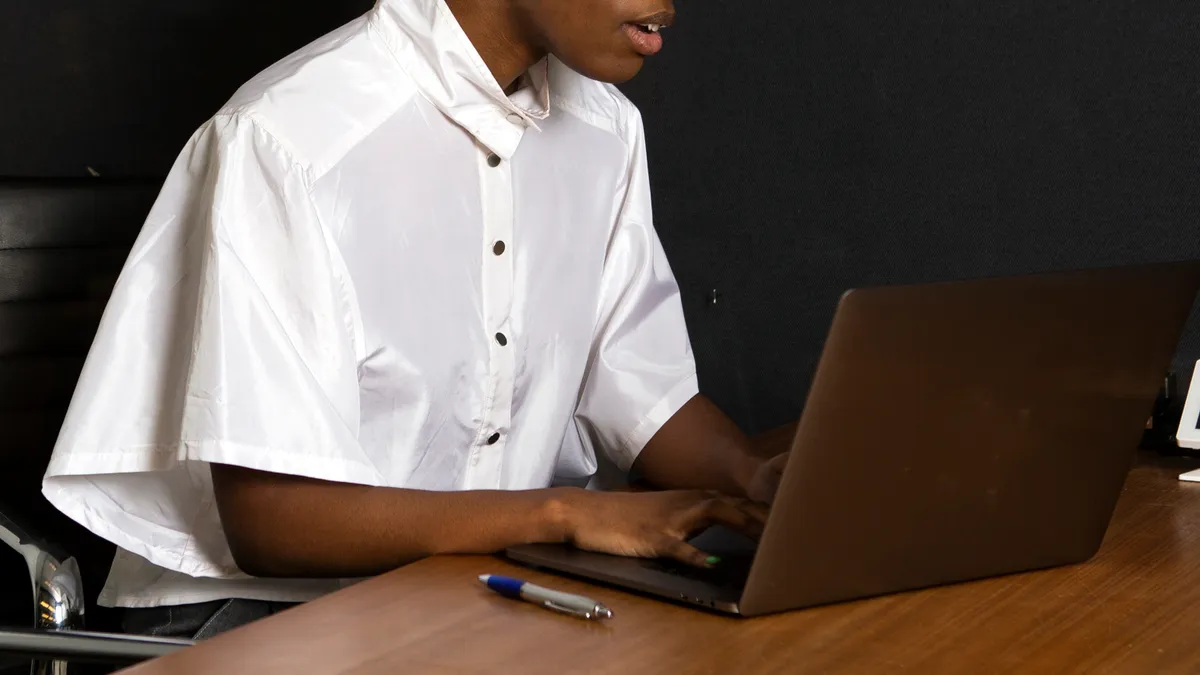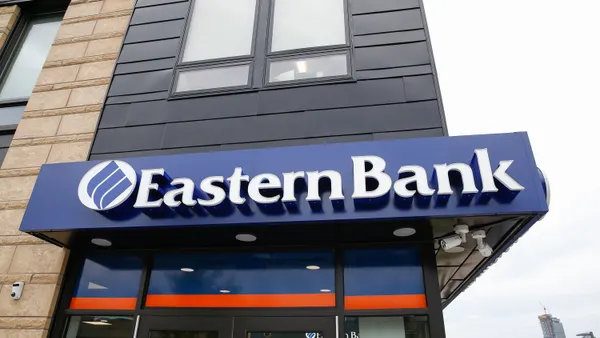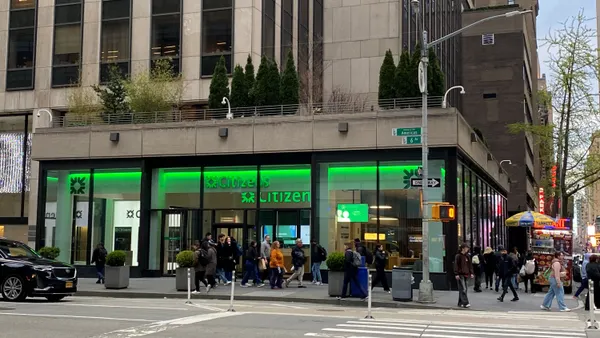Black Business Month is wrapping up, and Bank of America recently released the results of its Summer 2021 Black Business Owner Spotlight study, which evaluates the consequences of the pandemic for Black small-business owners (SBOs) and their outlooks regarding economic recovery.
The pandemic has disproportionately affected Black business owners. The Federal Reserve Bank of New York last August released a study that indicated Black-owned businesses were almost twice as likely to shut down as American small businesses, on average. The New York Fed study also revealed that "Black-owned firms are more likely to be located in COVID-19 hot spots" than White-owned ones.
The Bank of America survey was conducted online between March 11 and May 1, based on responses from 300 Black SBOs. The survey reflects some of the hardships the pandemic poses to the African-American community. About 95% of Black business owners reported the pandemic added stress to normal business operations, and 64% said their mental health has been impacted.
The survey also revealed that 94% of Black SBOs are "advocating for social change through their business, compared to 53% of small business owners overall."
Sharon Miller, the head of small business at Bank of America, said this advocacy takes several different forms, such as "giving back to local communities, supporting social causes and volunteerism."
In addition, 85% of Black SBOs report that recent social justice issues, such as the death of George Floyd, have altered their approach to conducting business.
Respondents also reported the pandemic has deeply altered the workplace environment. About half of Black SBOs afford their employees a more flexible work schedule than before COVID-19 struck, and about 40% let employees work remotely.
Growing optimism
Sentiment regarding economic recovery among Black SBOs has turned around since Bank of America released an analogous survey in winter 2021. Between July 29 and Sept. 3, 2020, Bank of America surveyed 307 Black SBOs. Then, about 48% of Black business owners expected revenue to increase over the following 12 months. That figure rose to 84% in the most recent survey.
One likely factor driving this increased optimism is rising vaccination rates. Miller said another piece could be the enhanced digital offerings companies were forced to develop during the pandemic, to stay afloat in lockdowns. "Ninety-percent of Black small business owners told [Bank of America] they’re going to keep those digital tools in place, because it's helped their business and they have a wider audience now," Miller said.
The most impactful thing banks can do to help Black SBOs is to expand access to capital. Banks have "got to get the word out — here's where you can access capital, if you need it," Miller said.
Bank of America said it has invested more than $1.8 billion in community development financial institutions. The bank is also undertaking a $1.25 billion commitment to increase racial equality. Other big banks have made similar moves. JPMorgan Chase in October committed $30 billion "to advance racial equity." Citi, meanwhile, earmarked $1 billion last September for efforts aiming to help narrow the racial wealth gap.
"Across the public and private sectors, it is clear that we must do more," Bank of America CEO Brian Moynihan said in March, "to take action, help others convene, and serve as a catalyst for a broad-based, collective response to the critical issues affecting our nation."












